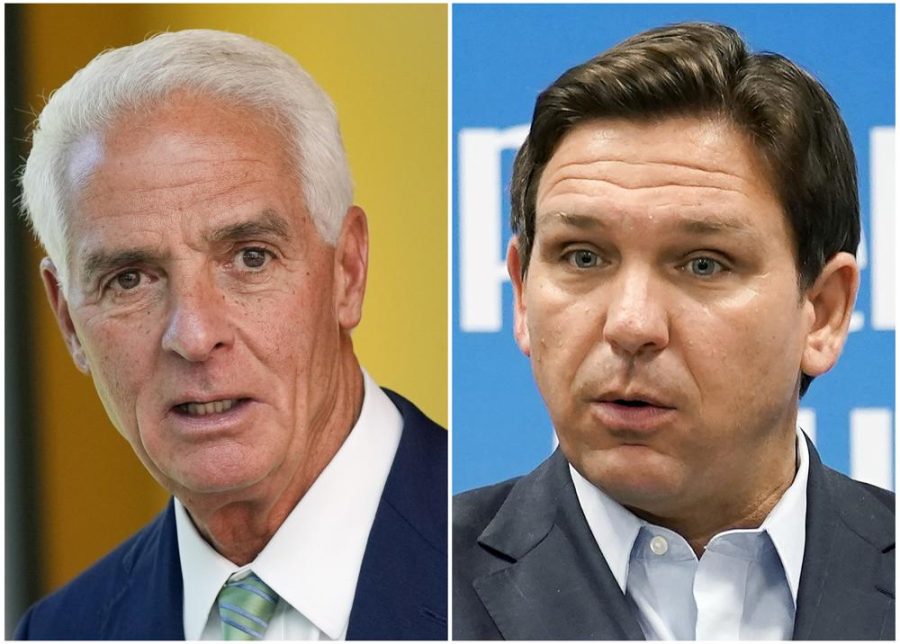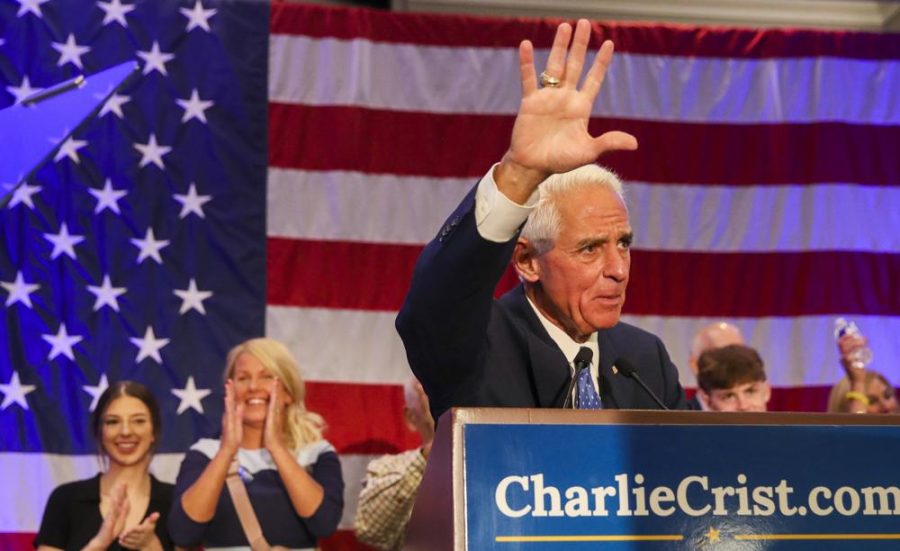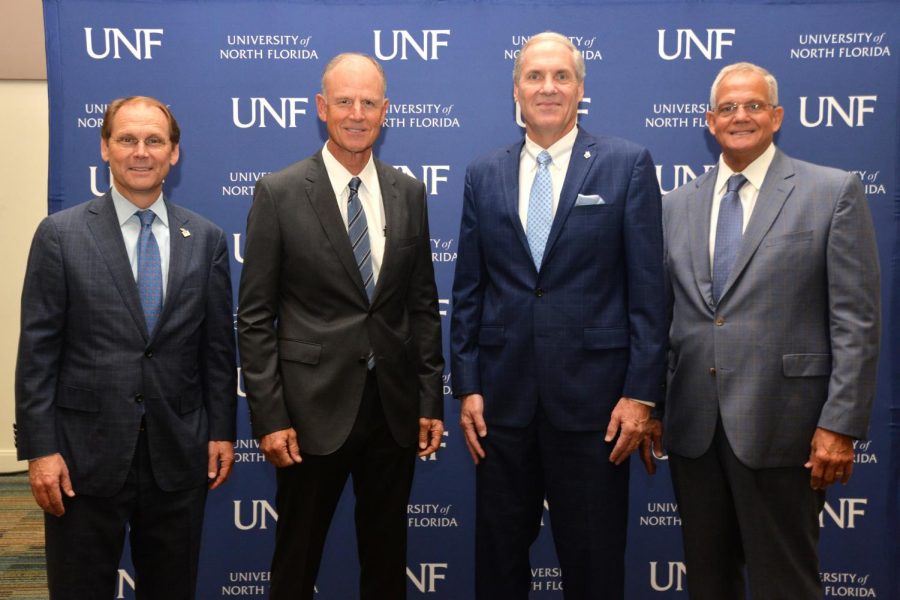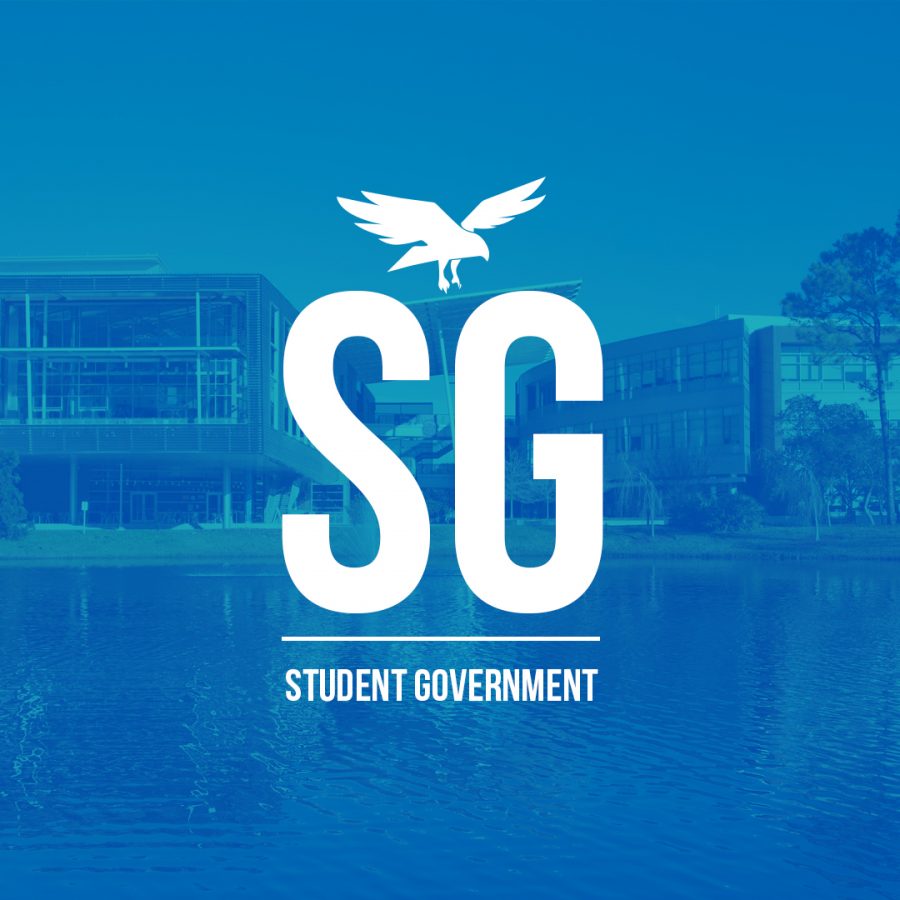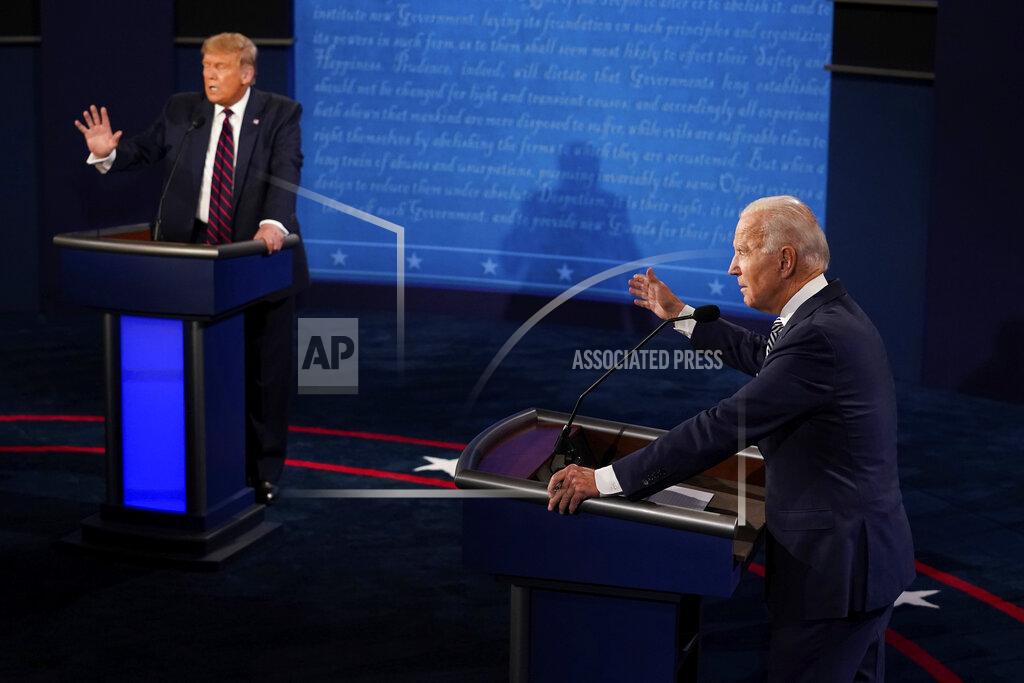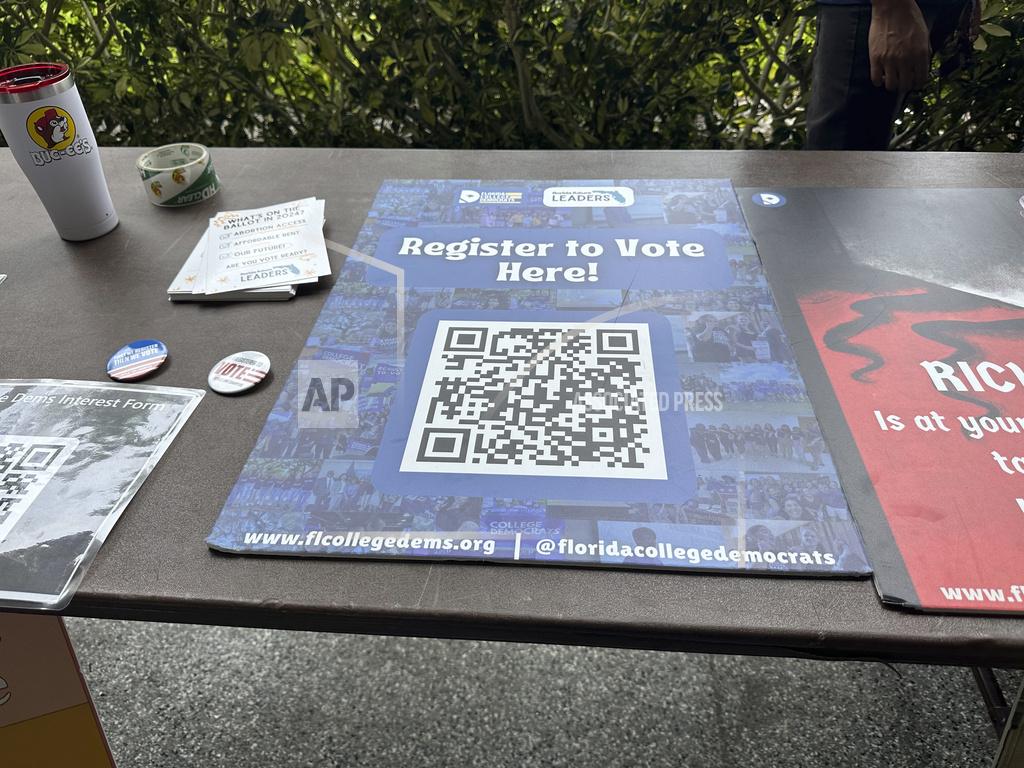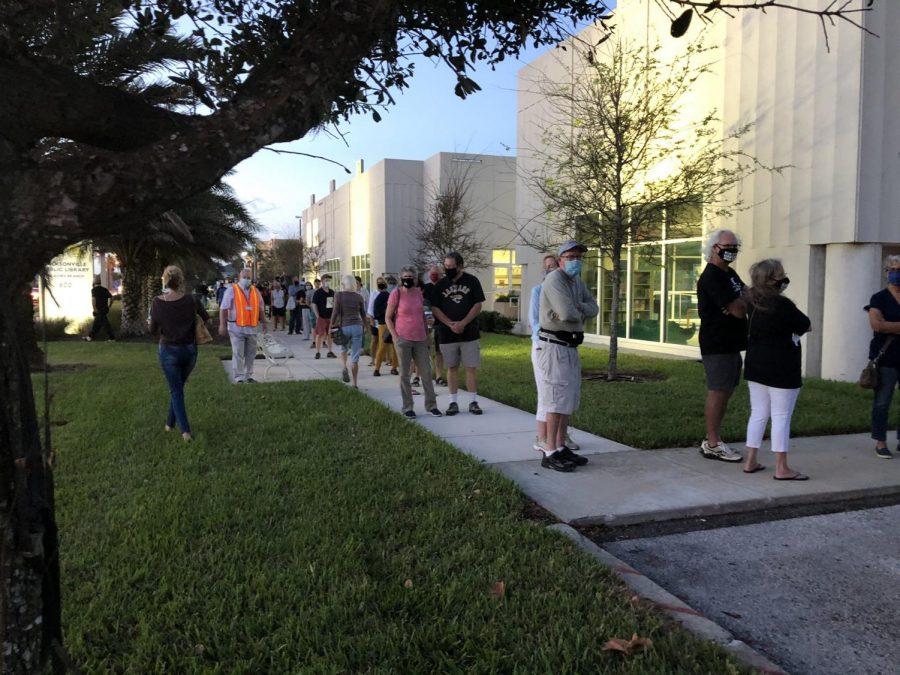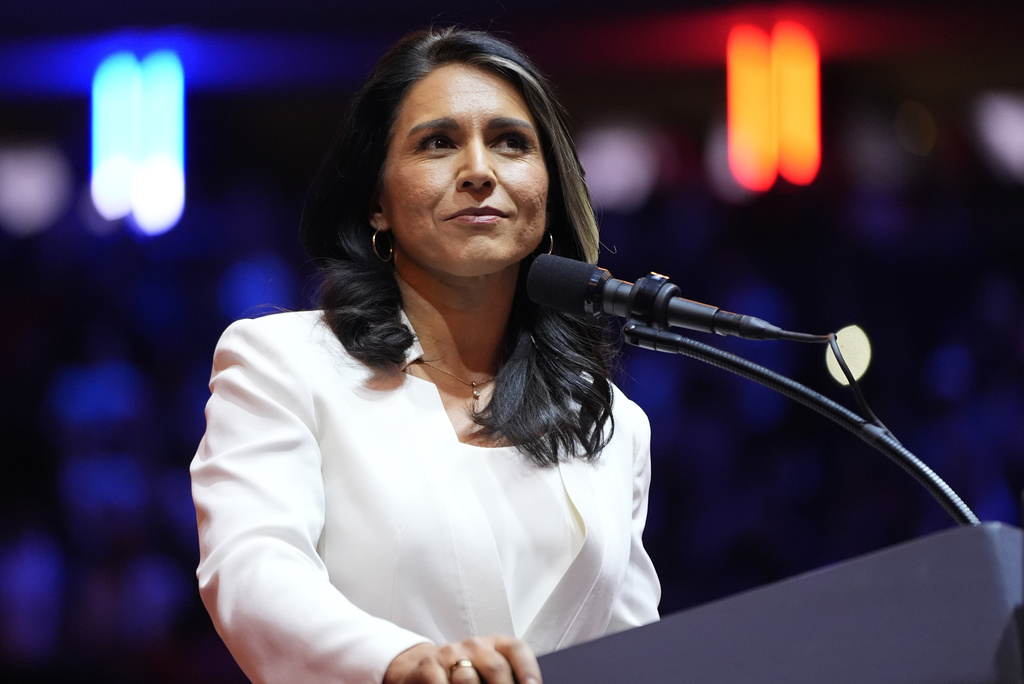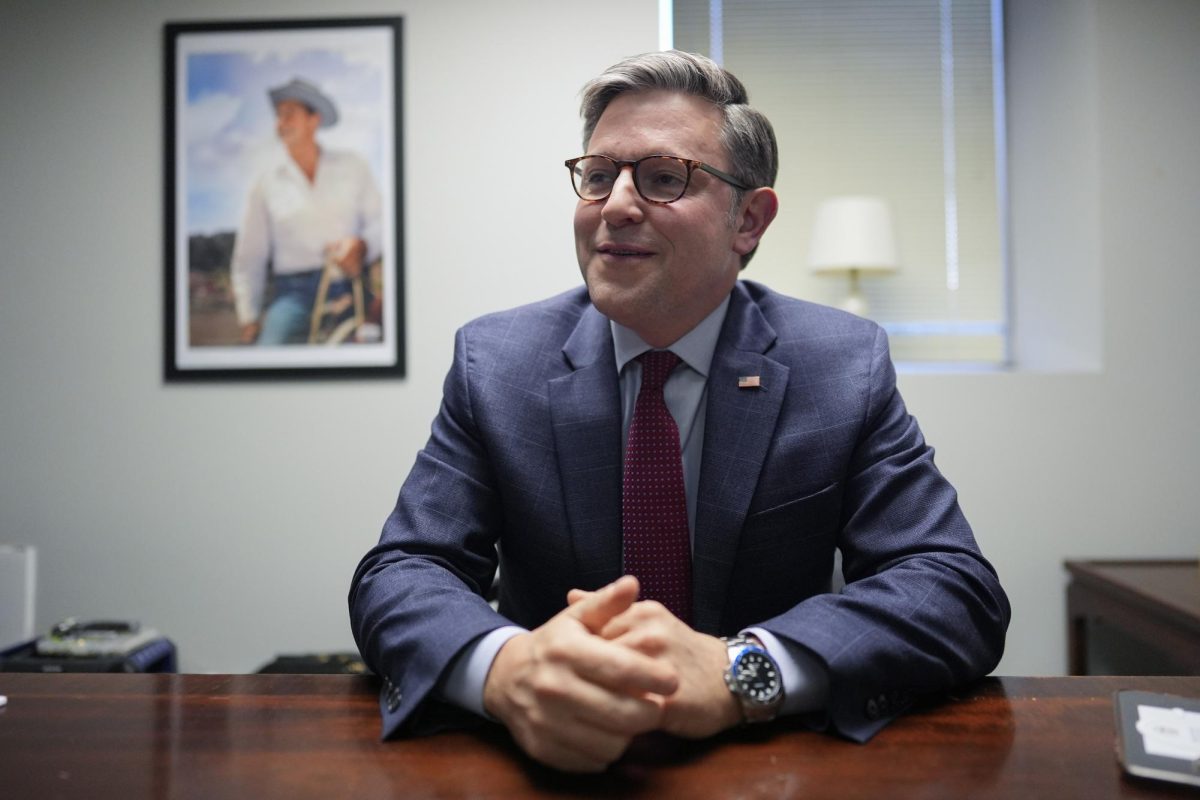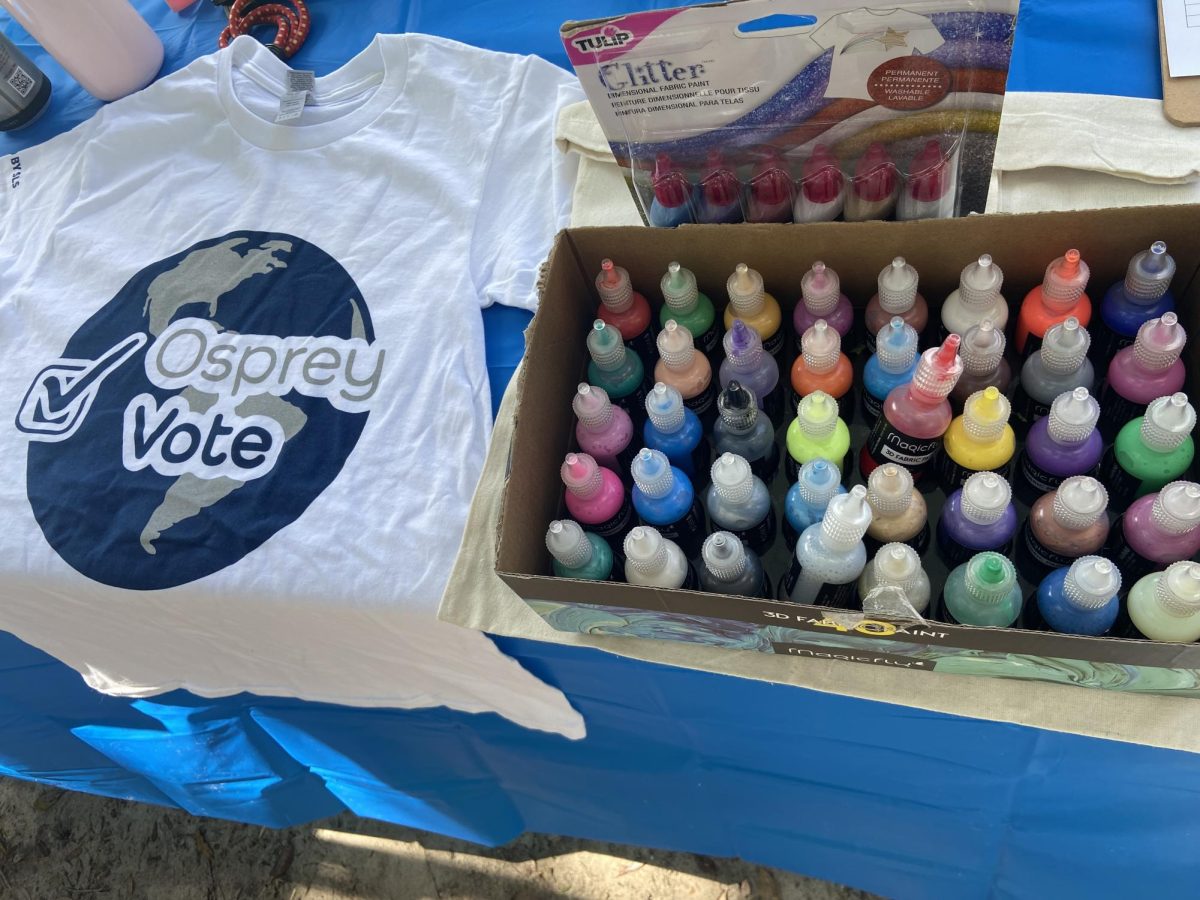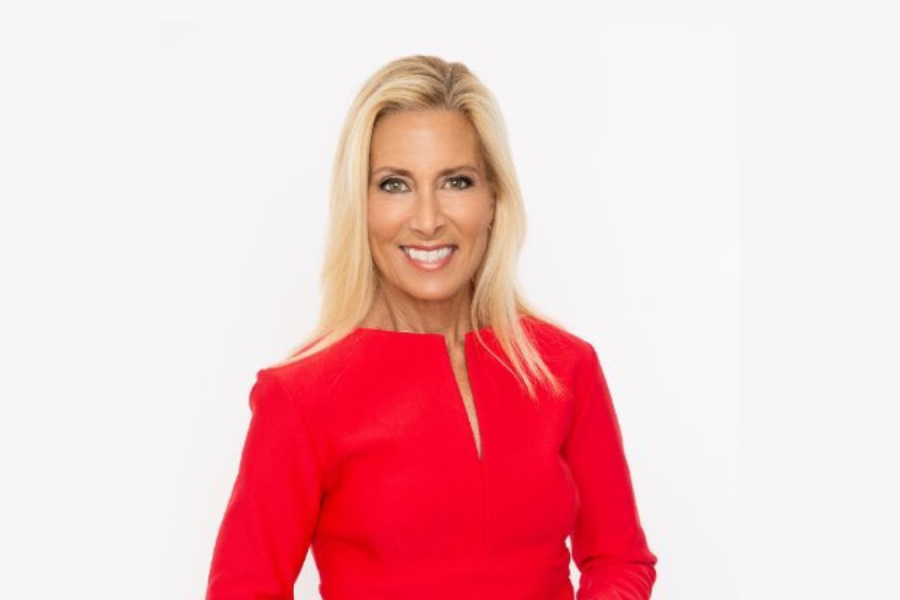As Governor Rick Scott meets his second of two four-year term limits, his position as Florida’s chief executive officer and commander-in-chief is left vacant. Rushing to replace Rick Scott and fill the seat are a variety of candidates eager to lead Florida in the direction they feel is best for the people.
This begs the question: Who are these candidates? And what stances are they choosing to take in the midterm election? Contrary to common media portrayal, there is more than just one Democrat and one Republican. Here is who you could potentially vote for on your midterm ballot:
Ron DeSantis (R):

Thanks to a key endorsement from President Donald Trump, former U.S. Representative Ron DeSantis overtook his Republican competitors in the primary election of 2018 and continued to gain traction due to his native-Floridian and blue-collar background. He has named Miami Representative Jeannette Núñez as his running mate.
Education:
A self-described product of Florida’s public system, DeSantis argues that the “cookie-cutter approach to educating our diverse youth culminated in a systemic failure across Florida’s education system.” As a result, he says he maintains certain educational goals: achieving top three status in both the NAEP and K-12 achievement rankings, challenge the state of Florida to have a top five public university and “work tirelessly to make Florida a world-class leader on education.”
Environment:
In a nutshell, DeSantis has reported that his goals for Florida’s environment are to “restore the Everglades, stop toxic algae discharges, and send clean water south.” Additionally, he aims to both expand and protect our water supply, state lands, parks, springs and air, as well as protect Florida beaches.
Immigration:
DeSantis wastes no time getting to the point of his opinions on immigration on his website. Without feeling the need to expand on the issue, he simply says that, in order to stop illegal immigration, he plans to “enact E-verify to ensure a legal workforce and higher wages for Floridians” and “not allow sanctuary cities in Florida.”
Economy:
In affirming his economic stance, DeSantis says on his website that “Florida is consistently recognized as one of the best states to do business and has one of the lowest personal tax burdens in the country.” As a result, he reportedly plans to support and accelerate small businesses within the state, as well as oppose tax increases. Additionally, he aims to keep Florida “one of lowest tax states in the nation,” keep Florida’s bureaucracy in check, and, finally, invest in Florida’s “economy of tomorrow.”
Andrew Gillum (D):
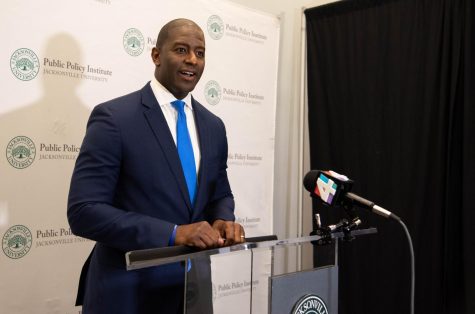
Mayor Andrew Gillum of Tallahassee first served as the city’s youngest commissioner at age 23. In the 2018 primary election, he eventually overtook all of the other Democratic candidates, was openly supported by Senator Bernie Sanders, and has since named businessman and entrepreneur Chris King as his running mate.
Education:
Gillum also has called for a reform of the educational system in light of high-stakes testing. According to his website, Gillum has “proposed a $1 billion investment in our public schools, students, and teachers to boost early childhood education, raise teachers’ starting salaries to $50,000, restore public school construction funds, and increase SHOP 2.0 vocational training.” He also reportedly supports legalizing medical marijuana so that the revenue may go towards increased educational funding.
Environment:
Gillum takes a strong stance in vocally declaring his belief that climate change is an imminent problem. He reportedly aims to address climate change by transitioning Florida to clean alternative energy sources in order to “put us on a path to a completely clean energy economy, creating thousands of new jobs in Florida, and cleaner air and healthier families.”
Immigration:
Taking a stance opposite to that of DeSantis, Gillum is outspoken in his belief that immigrants “strengthen our society and have played a vital role in Florida becoming one of the leading economic states in the Union.” According to his website, he is also the only candidate to have openly opposed both DeSantis’ and President Trump’s anti-immigrant sentiments. Gillum says he will fight against family separation and mass deportation.
Economy:
Gillum, if elected, reportedly wants to “address the devastating inequality that has hurt our working families, who are forced to live paycheck to paycheck and feel that the opportunity to get ahead isn’t available to them anymore.” In order to achieve this, he says he will adjust the state corporate tax level to a 7.75 percent and enact the “Fair Share for Florida’s Future” Plan, which invests more money into education and training.
Darcy Richardson (Reform):

Darcy Richardson, who formerly challenged then-incumbent Barack Obama in the 2012 presidential election, is an American political activist as well as the author of over a dozen political and historical books. He moved to Jacksonville, FL from Pennsylvania in 1993 and has since remained here. Running as the Reform Party nominee, his running mate is former state legislator Nancy Argenzio.
Education and Economy:
Richardson’s political stance on education reportedly stems from Florida’s current position as number 42 in the nation on a per-pupil basis. Combining both education and the economy into one issue on his website, he says he “[embraces] a rapid expansion of vocational education programs to prepare our workforce for the decades ahead.” He argues that, though job positions will soon open in industries such as automotive repair, health care, tourism and more, our current workforce is not adequately prepared or trained for such opportunities.
Environment and Economy:
Again making connections and translating two ideas into one, Richardson argues that, as two of Florida’s largest industries are tourism and agriculture “this is as much an economic crisis as it is an environmental crisis.” Thus, he calls for “aggressive action,” the protection of Florida’s water and, finally, the implementation of various programs to suit the specific needs of different areas of land across the state.
Immigration:
Not speaking as openly about immigration as some of his fellow candidates, Richardson has reportedly come forward to say he disagrees with Gillum’s call to abolish the U.S. Immigration and Customs Enforcement, otherwise known as ICE. He also does not feel that sanctuary cities are an issue in Florida, as there currently are none within state borders.
Ryan Foley (Independent):
Ryan Foley is currently running with no party affiliation for the midterm election. Specific information regarding his campaign is not available at this time.
Kyle “KC” Gibson (Independent):

Kyle “KC” Gibson, a Florida native with no party affiliation, is a former educator for Broward and Indian Rivers counties. Having also worked as a minister, Gibson has chosen Ellen Wilds, a Department of Juvenile Justice and former Republican candidate for Governor of Florida, as his running mate.
Education:
Referring to youth as our state’s most valuable resource and future, Gibson would reportedly introduce the Florida Education Restructuring Plan, under which he would “build upon existing programs and expand to a public-private partnership with daycares to provide early childhood development.” He also plans to further support and supplement vocational and technical programs, as well as other school programs.
Environment:
Information regarding Gibson’s stance on the environment is not available at this time.
Immigration:
Information regarding Gibson’s stance on immigration is not available at this time.
Economy:
Gibson reportedly supports small business development and would like to collaborate with larger companies as well. Additionally, with regard to Florida’s retirement system, Gibson aims to “push for annual cost of living adjustments, and push to return the contract promised to [its] faithful workers prior to this current administration.”
Bruce Stanley (Independent):

A self-employed project manager, Bruce Stanley has no party affiliation and is seeking no endorsements in response to what he refers to as the two-party political “gridlock” America is in. He has chosen Navy veteran and activist Ryan McJury as his running mate.
Education:
According to his website, Stanley supports the concept of restoring teacher prestige. He reportedly plans to “increase education budget allocations, allowing for more teachers, counselors, supplies, and facilities,” as well as expand vocational training opportunities, reinstate civics education, and create equitable pay scales for educators. Taking diet into account, Stanley also wants to “end milk subsidy credits to schools and require vegetarian and vegan options in all school cafeterias,” as part of a plan to also eliminate junk food and GMOs.
Environment:
Placing the environment as a priority in his campaign, Stanley has a variety of planned initiatives, such as expanding and protecting public lands, preserving Miami Pine Rocklands, restoring the Everglades and the historic Everglades flow, saving the Briger Forest and saving the Suwanee River. Additionally, Stanley supports action against Florida Panther habitat loss,
the “vigorous enforcement of the Endangered Species Act,” the “creation of conservation easements on private lands,” and furthering river restoration projects, tree planting projects and emergency hurricane responses.
Immigration:
Stanley reportedly supports the idea that Congress should undertake extensive immigration reform. Further information regarding Gibson’s stance on immigration is not available at this time.
Economy:
Conflating almost all of Florida’s issue into one large plan, Stanley’s campaign runs primarily on what he calls “A Green New Deal for Florida.” In describing this plan, he says that the deal is necessary, as it is “modeled on the original New Deal passed in the wake of the Wall Street Crash of 1929, featuring jobs and training programs in areas such as expanding and investing in public transit and coping with the impacts of rising sea levels.” Additionally, he supports the chartering of a state bank as a means of funding both public infrastructure and basic necessary social goods.
The general midterm election takes place on Tuesday, Nov. 6.
For more election coverage, check out Spinnaker’s breakdown here.
—
For more information or news tips, or if you see an error in this story or have any compliments or concerns, contact editor@unfspinnaker.com.




